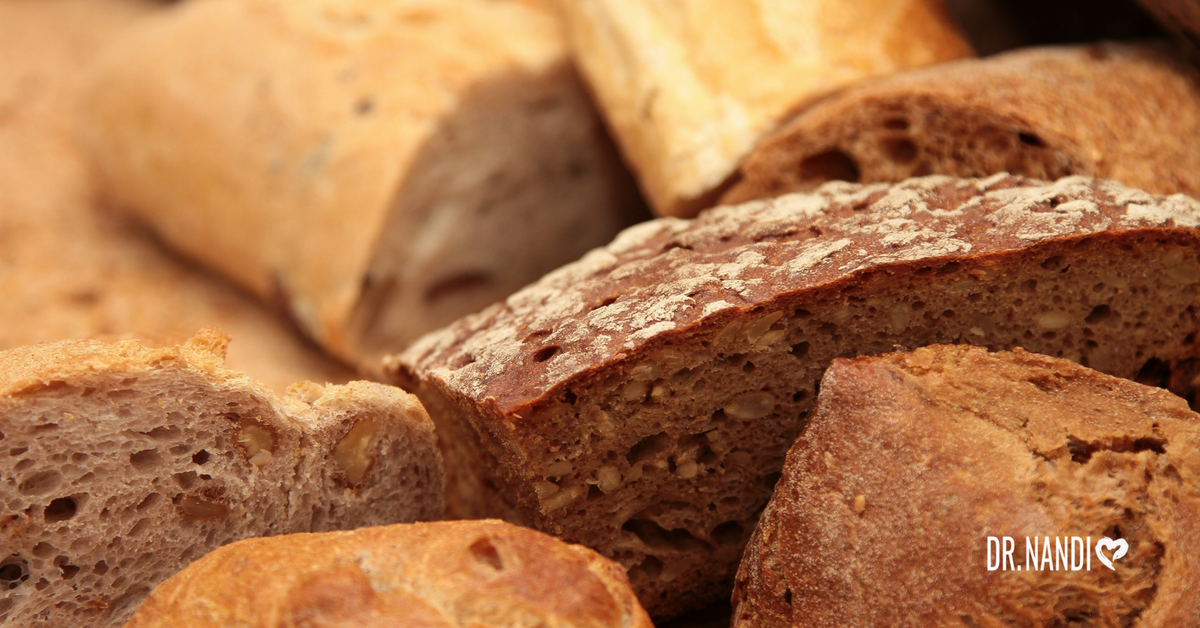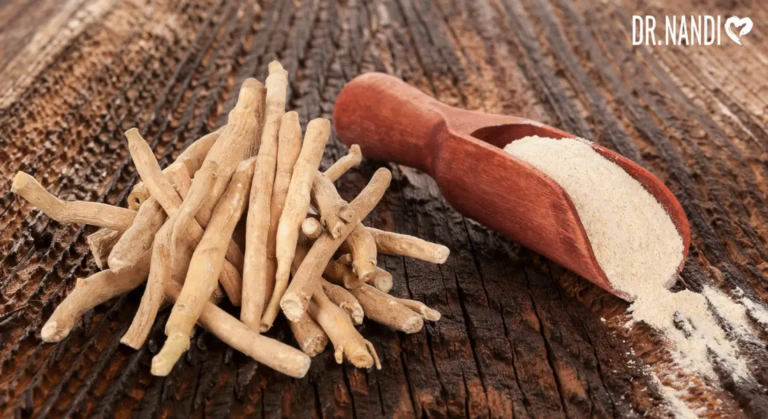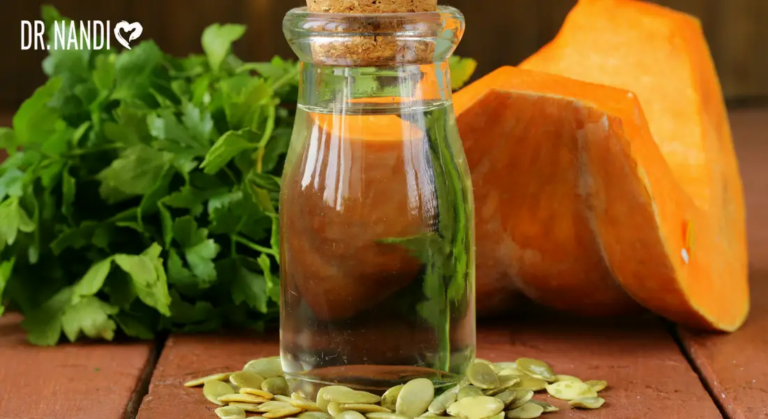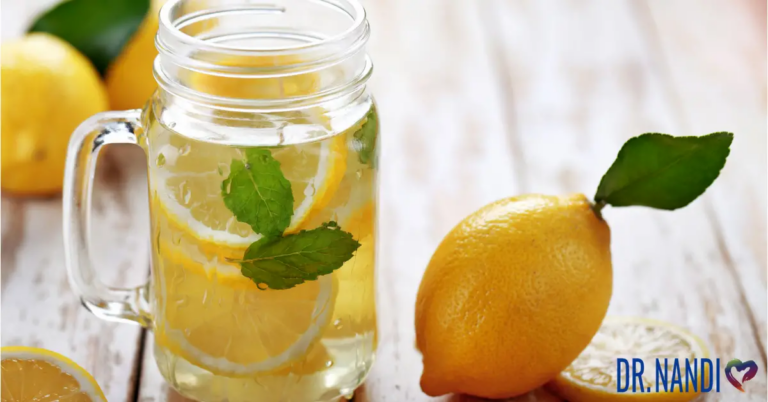Gluten has become a controversial word in the media lately. You often hear people touting the benefits of going completely gluten-free. Gluten-free recipes can be found online, in cookbooks, and from people who claim to have cured a variety of health concerns by eliminating gluten from their diets. It doesn’t even get into the health experts who claim giving up gluten can lead to weight loss. It sounds as if giving up gluten is the Holy Grail of diet tips when you get down to all the pros who are jumping on the gluten-free bandwagon.
If you have a dinner party, you have to take a headcount as to how many people are gluten-free, vegan, vegetarian, or just plain nuts about food. Who wants to suffer through that difficulty of menu planning? As Celia Rivenbark recounts in her book, “Rude Bitches Make Me Tired,” gluten sensitivity’s most common side effect is “a giant pain in the butt.” That’s pretty funny, only because it’s a bit on the right side at the dinner table. Yet, unless you have a true allergy or a gluten-based disease, such as celiac, is gluten that bad for you?
What Is Gluten?
According to the Celiac Disease Foundation, gluten is the term for the overall classification of the proteins in wheat-based products or ingredients, primarily found in wheat, barley, and rye. Those are considered the “big three” of the gluten family of foods. You can find gluten in practically every packaged item, including cereals, salad dressings, and food coloring. Avoiding gluten in all forms is like getting a full-time job in awareness.
Sensitivity or a True Allergy — That’s the Real Question
If you’re truly allergic to gluten, you can see an allergist or another physician. Celiac disease is a severe autoimmune ailment in which gluten damages your intestines. It can manifest as a few of the symptoms listed above or present in its full severity.
Worldwide, celiac disease is estimated to affect one in 100 people; in the United States, the number is around 2 million. To put that into perspective, lupus, another autoimmune disorder, affects some 1.5 million Americans. Diabetes, another common disease, affects approximately 29 million Americans.
Celiac is diagnosed with blood tests and possibly a biopsy through an endoscopy of your small intestine. Not all people that are sensitive to gluten have celiac disease. Talk to your doctor about your specific symptoms to see if you want to be tested.
Some of the Symptoms of Gluten Sensitivity
Gluten intolerance can result in around 300 symptoms, reports The Celiac Foundation, including:
- Stomach Bloating
- Pain
- Chronic diarrhea
- Vomiting
- Weight loss
- Fatigue
- Joint pain
- Migraines
- Depression
Depression comes into play since it can take a toll on your mental health if you physically don’t feel well. It’s your decision whether or not you choose to deal with these symptoms on a significant or minor basis. Be your own health hero; it can’t be stated often enough. You only get one body in your lifetime, so you should take care of it the best you can.
The only way to treat true gluten sensitivity is to eliminate gluten from your diet. Suppose you are experiencing some of these distressing symptoms. In that case, it may be helpful to visit a gastroenterologist such as Dr. Nandi to discover what is giving you “tummy issues.”
If you don’t know what’s going on with your body and how to fix it, you’re likely to experience anxiety; as Alfred Nobel once said: “Worry is the stomach’s deadliest poison.”
Somewhere in the Middle
If you feel you have a mild gluten sensitivity, it might help to look at all parts of your diet. It could easily be a variety of other foods, such as dairy, or the overall nutrient content of your chosen foods. Dr. Nandi advises that you eat a diet rich in whole foods that will fuel your body in the best way possible. If you can be your own health hero, part of your lifestyle is to educate yourself on what works for your body.
In summary, gluten on its own isn’t inherently wrong for you. Think of the whole grains and fiber you get in a batch of unprocessed 100 percent whole-wheat bread, which is much better for you than the empty carbs in processed white bread. Talk to your doctor about whether you need to change your diet before you start eliminating gluten.




















